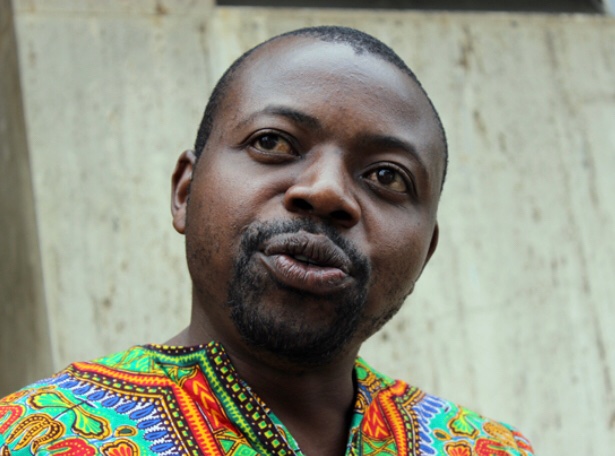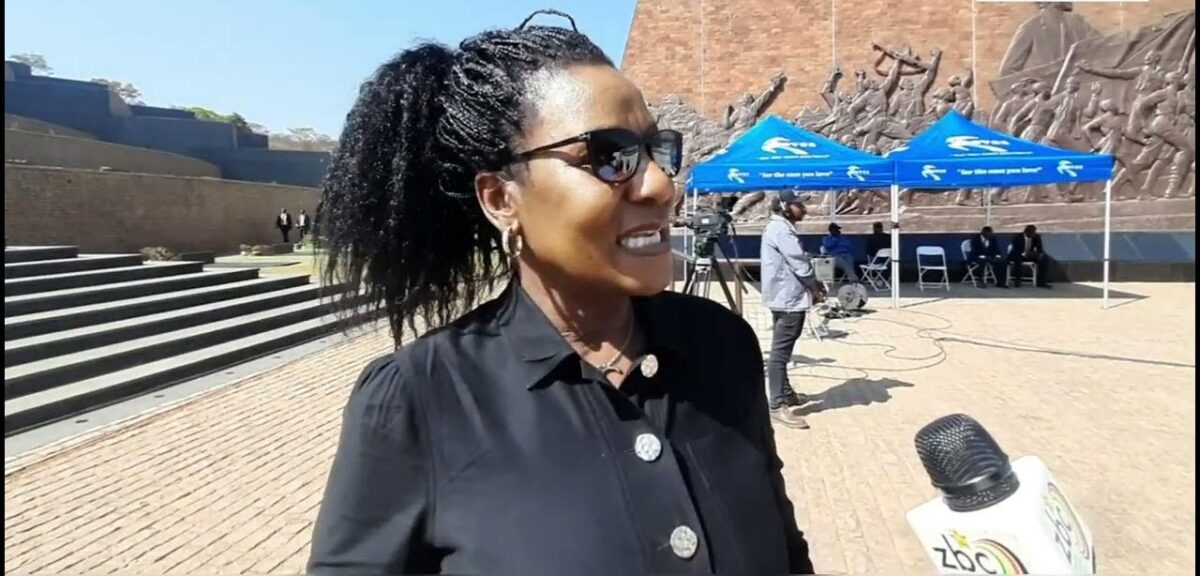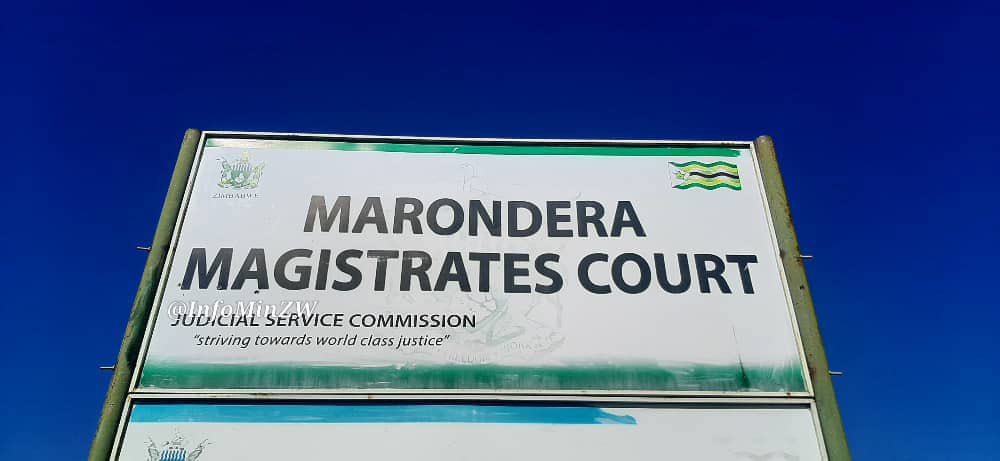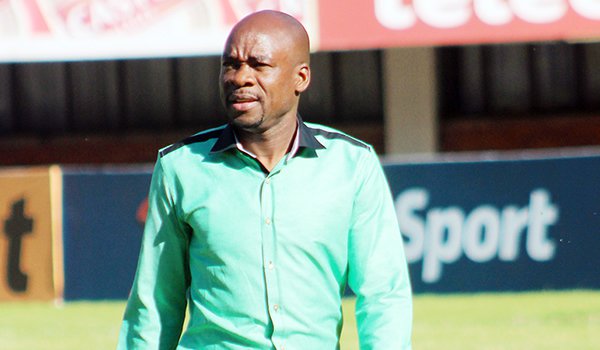HARARE – Crisis in Zimbabwe Coalition (CiZC) has described as unhelpful the secrecy surrounding last Friday’s private meeting by President Emmerson Mnangagwa and a select group of Civil Society Organisations (CSO) representatives over the Private Voluntary Organisations (PVO) Bill.
Reports say the meeting was a last-ditch effort by CSOs to persuade Zimbabwe’s ruler not to sign the contentious draft law into an Act.
Musa Kika (Zimbabwe Human Rights NGO Forum), Jenni Williams (Women Arise Zimbabwe), and Isaac Maphosa were among the CSO delegates to the State House meeting.
Resolutions from the meeting have so far been kept under wraps by both parties.
Obert Masaraure, CiZC spokesperson, said it was ill-advised of the parties to congregate on a matter set to affect the lives of ordinary citizens and choose to remain tight-lipped.
He added, “Their actions going forward will inform us of whatever they discussed.
“We don’t think or believe national issues should be discussed in secrecy and we don’t want to be engaged in secret affairs.”
Crisis in Zimbabwe Coalition is a vocal conglomeration of more than 75 civil society organisations in the country.
As a collective, it has kept the Zanu PF led government under scrutiny for alleged rights abuses and other forms of misgovernance.
Masaraure said failure to invite representatives from CiZC showed signs of resentment towards the multi-NGO grouping.
“We have known that the government of President Emmerson Mnangagwa resents the CiZC but do we care no; we don’t because we stand for a clearly defined value system,” said Masaraure, also a fierce campaigner for teachers’ employment rights.
“We are against dictatorship, we stand for democracy and for the rule of law. We stand for constitutionalism.”
The PVO Bill, if accented to by the President, would give the State broad powers to control the governance and activities of civil society organisations.
It is widely viewed as a draconian piece of legislation set to impede the operations of CSOs.
The law, according to CSOs, seeks to grant the state powers to interfere with their affairs.
It also grants the state powers to deregister those perceived to be rogue or susceptible to money laundering and funding terrorism.
Prior to the meeting, Mnangagwa vowed to sign the PVO bill into law, despite numerous calls from CSOs and foreign diplomats to do otherwise.
Masaraure said the much-resented law was a litmus test for Mnangagwa to determine whether he was a power monger or he cared about citizens’ interests.
“The PVO Bill is really on Mnangagwa, the president of Zimbabwe, for people to see his attitude and character towards the people of Zimbabwe,” he said.
“Obviously, if he signs the Bill into law, it confirms what many have said overtime that he has the same dictatorial tendencies that were exhibited by Robert Mugabe.
“If he signs the Bill into law, he confirms that he completely disregards the interests of the majority of the people.
“What he pursues is power and power alone, nothing less.
“But it’s an opportunity for him to show that he has the potential to be a different leader.
“He can show a different face, that he is not someone who is not obsessed with power preservation but someone who is also prepared to serve the people so it’s the ball in his court.”
















